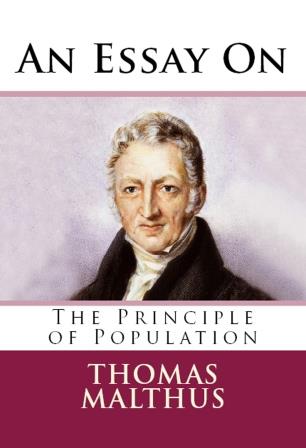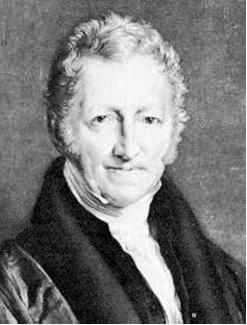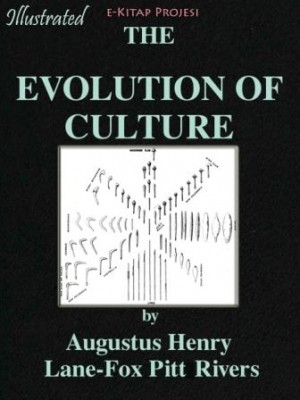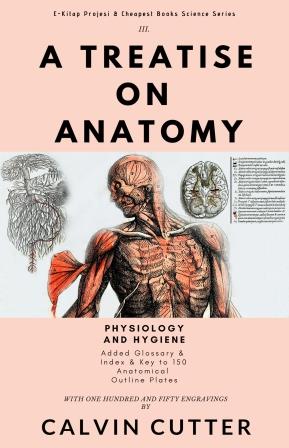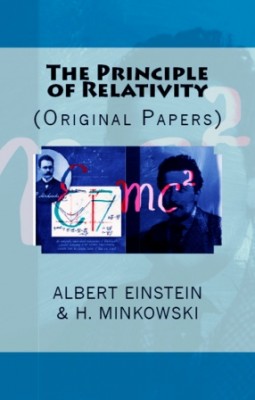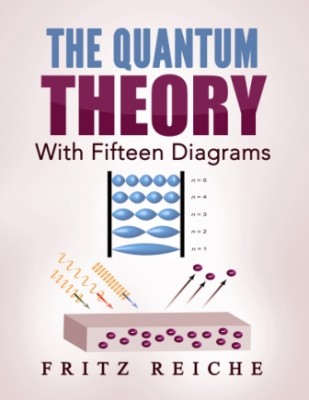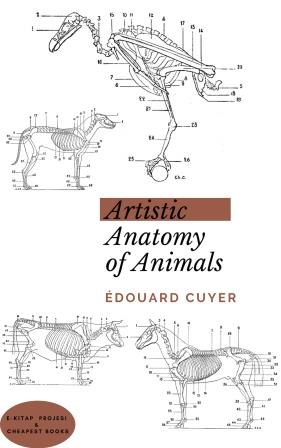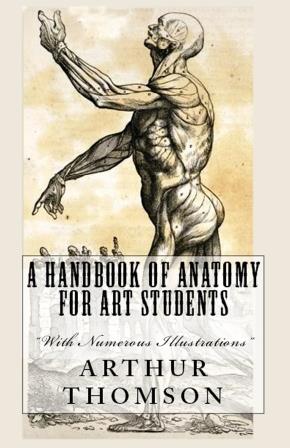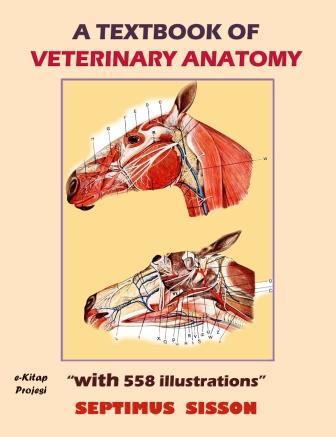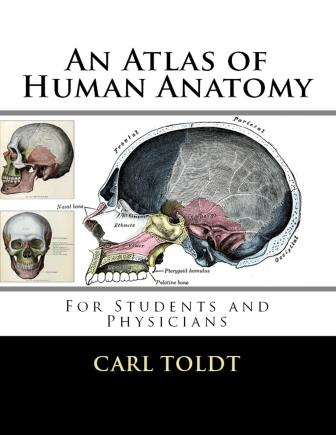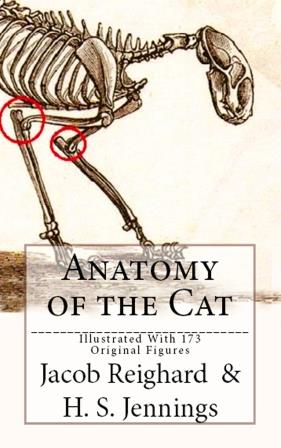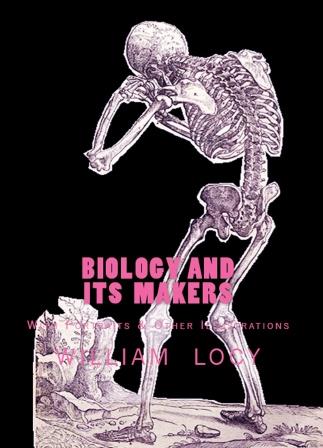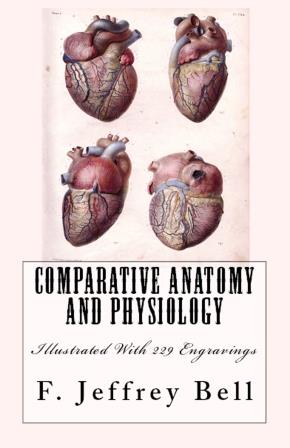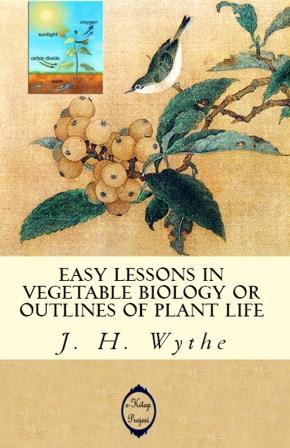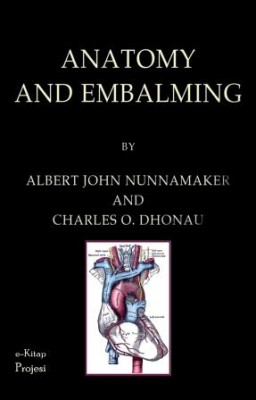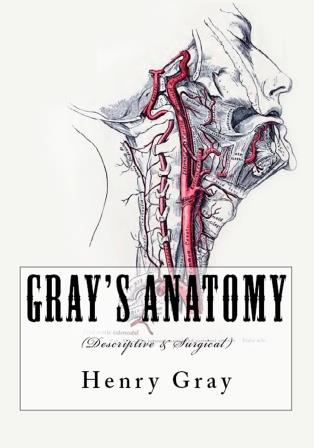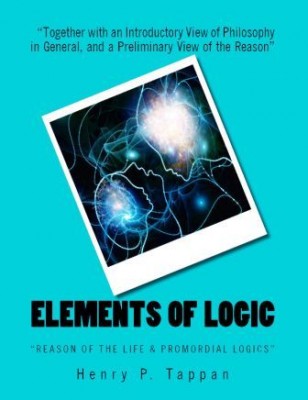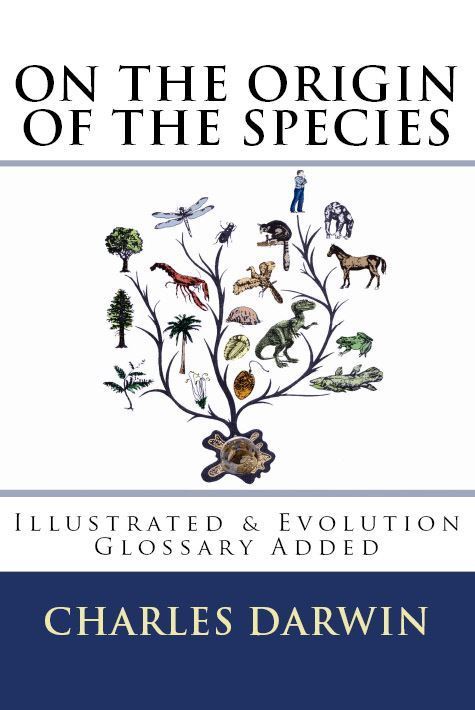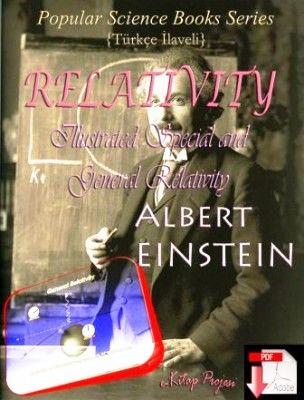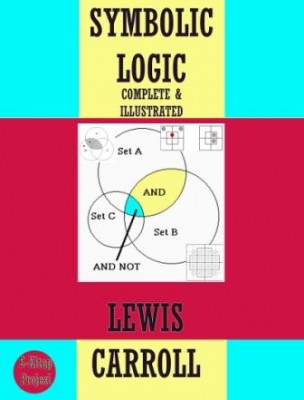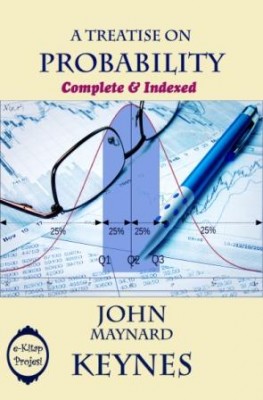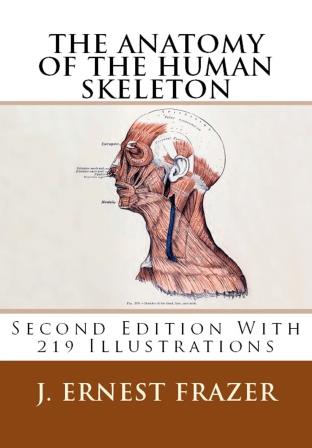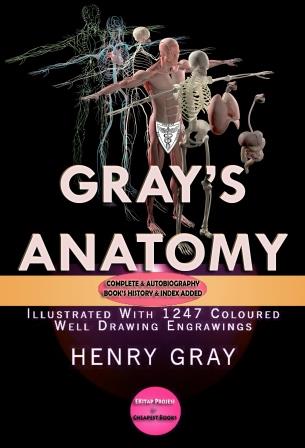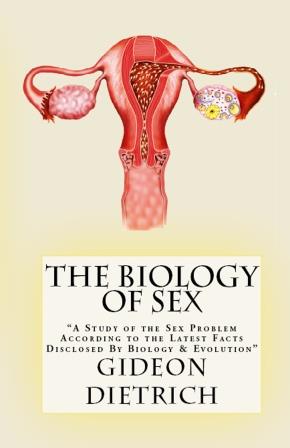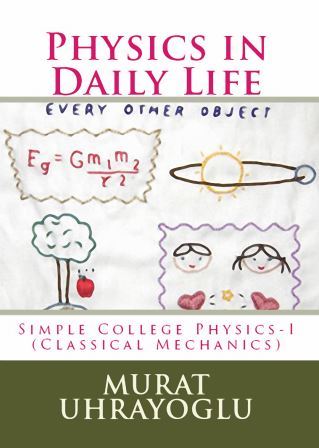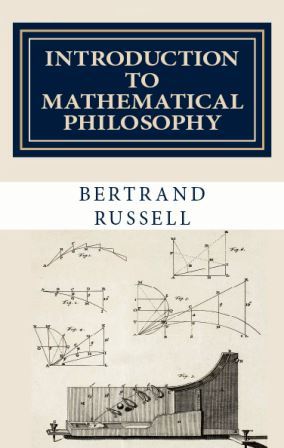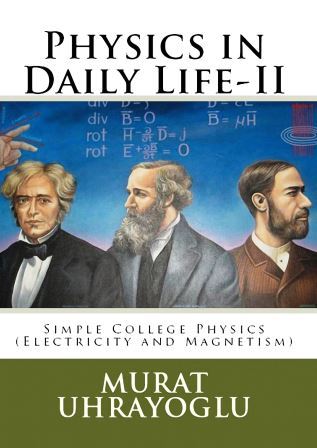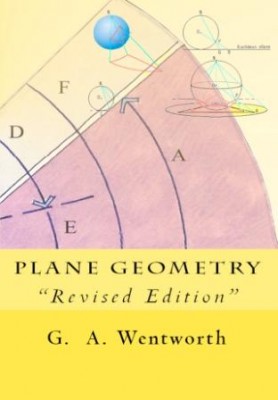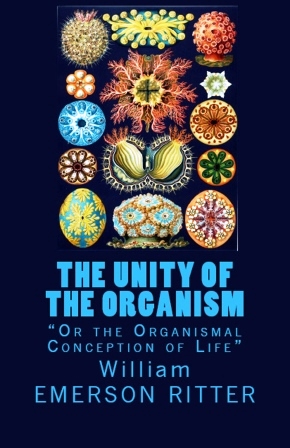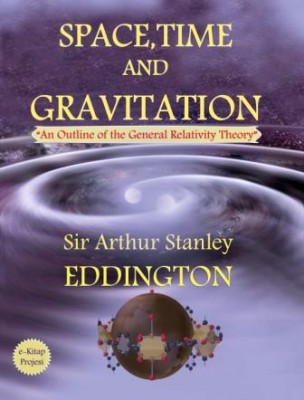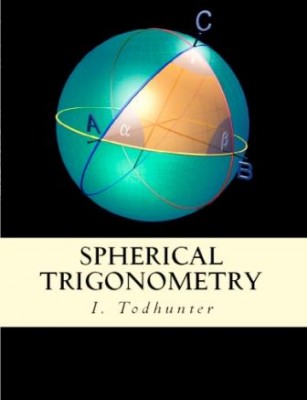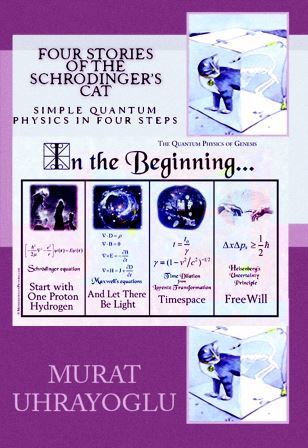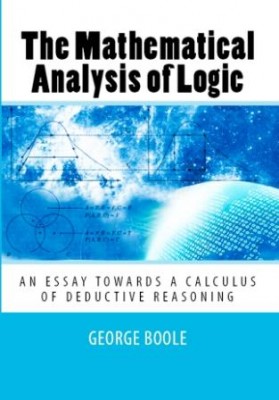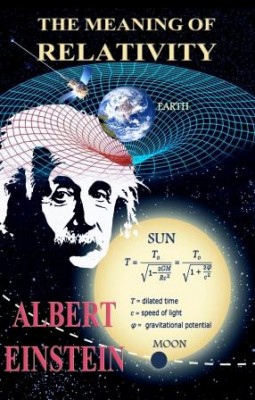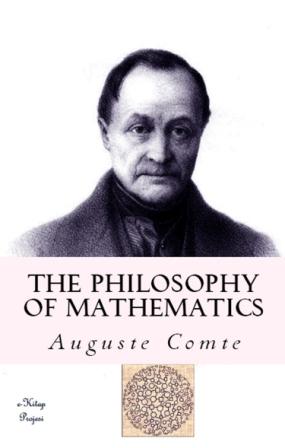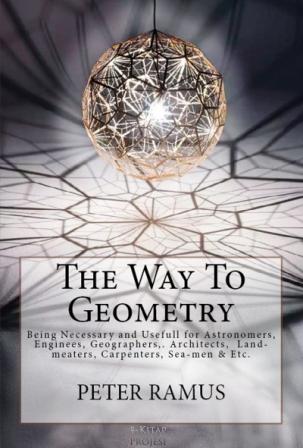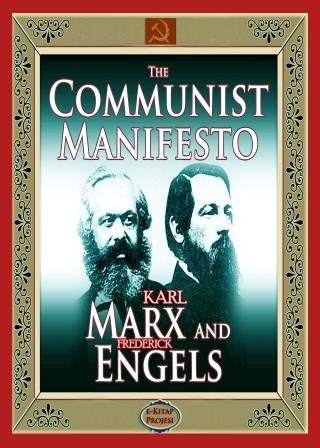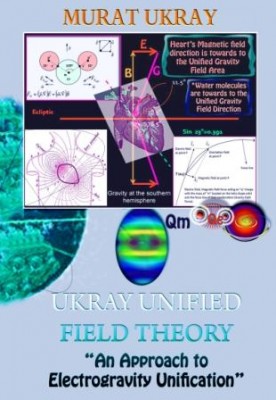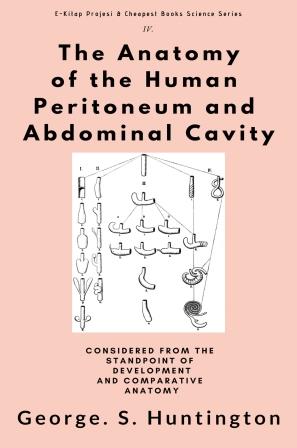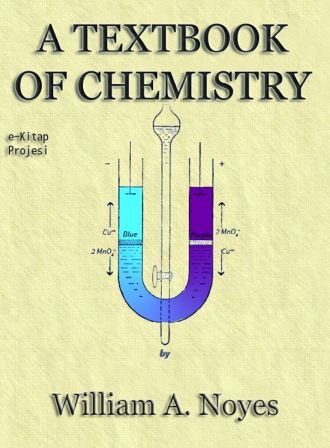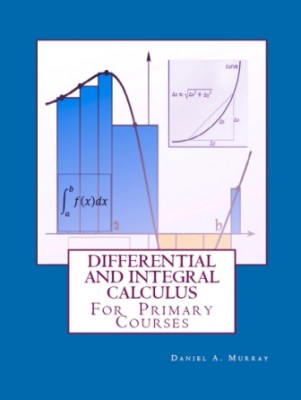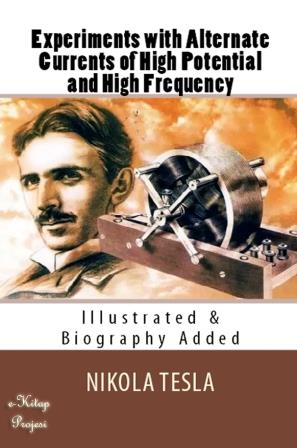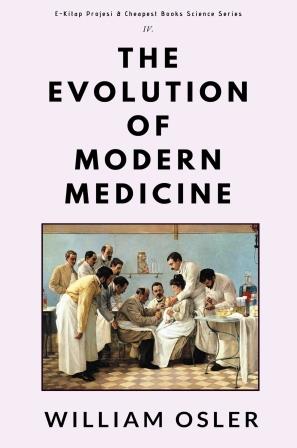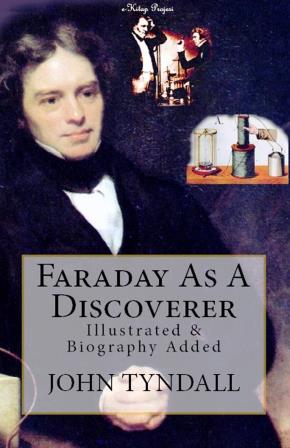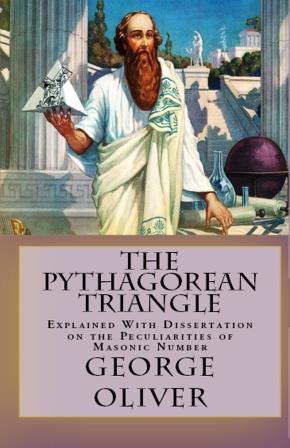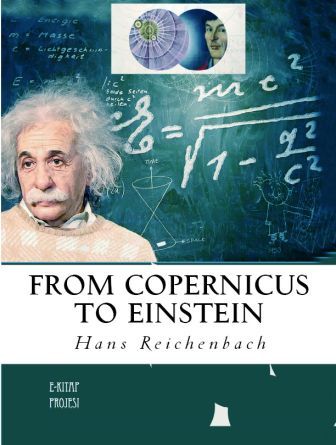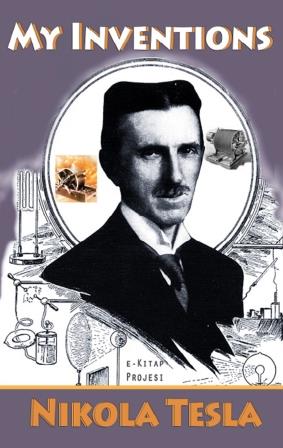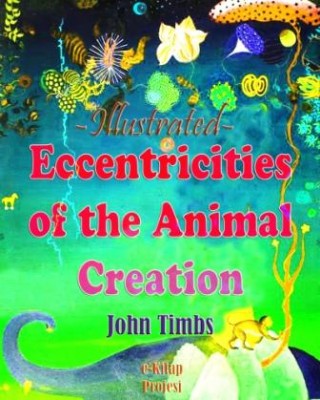Preface (About the Book)
The following Essay owes its origin to a conversation with a friend, on the subject of Mr Godwin's essay on avarice and profusion, in his Enquirer. The discussion started the general question of the future improvement of society, and the Author at first sat down with an intention of merely stating his thoughts to his friend, upon paper, in a clearer manner than he thought he could do in conversation. But as the subject opened upon him, some ideas occurred, which he did not recollect to have met with before; and as he conceived that every least light, on a topic so generally interesting, might be received with candour, he determined to put his thoughts in a form for publication.
The Essay might, undoubtedly, have been rendered much more complete by a collection of a greater number of facts in elucidation of the general argument. But a long and almost total interruption from very particular business, joined to a desire (perhaps imprudent) of not delaying the publication much beyond the time that he originally proposed, prevented the Author from giving to the subject an undivided attention. He presumes, however, that the facts which he has adduced will be found to form no inconsiderable evidence for the truth of his opinion respecting the future improvement of mankind. As the Author contemplates this opinion at present, little more appears to him to be necessary than a plain statement, in addition to the most cursory view of society, to establish it.
It is an obvious truth, which has been taken notice of by many writers, that population must always be kept down to the level of the means of subsistence; but no writer that the Author recollects has inquired particularly into the means by which this level is effected: and it is a view of these means which forms, to his mind, the strongest obstacle in the way to any very great future improvement of society. He hopes it will appear that, in the discussion of this interesting subject, he is actuated solely by a love of truth, and not by any prejudices against any particular set of men, or of opinions. He professes to have read some of the speculations on the future improvement of society in a temper very different from a wish to find them visionary, but he has not acquired that command over his understanding which would enable him to believe what he wishes, without evidence, or to refuse his assent to what might be unpleasing, when accompanied with evidence.
The view which he has given of human life has a melancholy hue, but he feels conscious that he has drawn these dark tints from a conviction that they are really in the picture, and not from a jaundiced eye or an inherent spleen of disposition. The theory of mind which he has sketched in the two last chapters accounts to his own understanding in a satisfactory manner for the existence of most of the evils of life, but whether it will have the same effect upon others must be left to the judgement of his readers.
If he should succeed in drawing the attention of more able men to what he conceives to be the principal difficulty in the way to the improvement of society and should, in consequence, see this difficulty removed, even in theory, he will gladly retract his present opinions and rejoice in a conviction of his error.
7 June 1798
